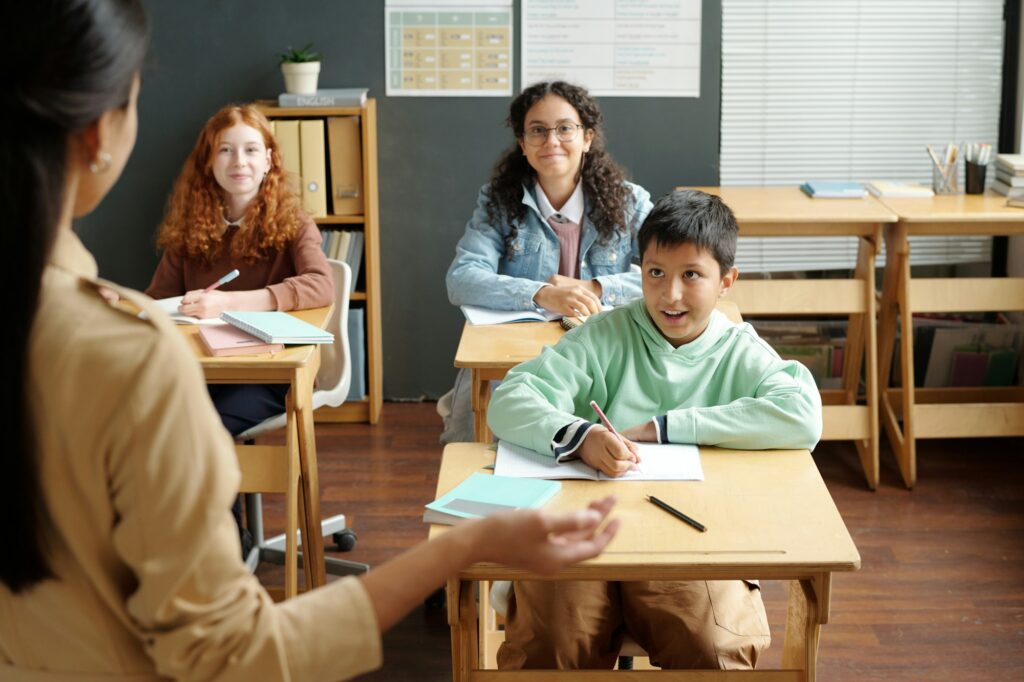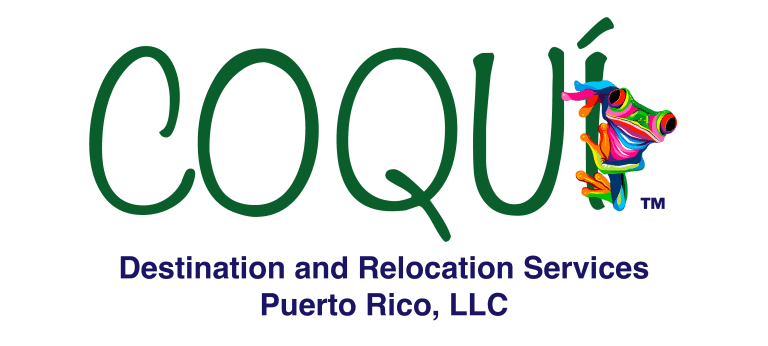School Selection Assistance
"Choose Coquí and move with ease"

Your Roadmap to the Right School Starts Here
We help families identify and select the best-fit schools based on academic goals, learning styles, and personal values. Whether you’re relocating or simply exploring new options, our guidance ensures a smooth, informed, and confident school decision process.
Matching Minds with
the Right School
The family reviews the detailed information provided by the destination services consultant, shortlists preferred schools, and schedules visits to the campuses.
School Visits and Interviews
The family tours the schools, meeting with teachers, administrators, and exploring the facilities, while the child may undergo an interview or assessment.
Application and Enrollment
The family submits the necessary applications, completes required documentation, and awaits confirmation of enrollment from the chosen school.
Admissions
Once accepted, the family receives the school’s admission package, including details about uniforms, supplies, and important dates. They prepare by purchasing uniforms, books, and materials.
Orientation
The family attends an orientation session where the child is introduced to the school’s routines, teachers, and classmates, ensuring a smooth transition.
First day
of school
The child arrives for their first day, ready to begin their educational journey, with support from both the family and the relocation team to ensure a successful start.

the start of a new school year!
The process is easy!
1
Choose Preferred School
2
We'll help enroll your child
3
Prepare for Schol's First day
Top Qs from Thoughtful Parents

- Private schools in Puerto Rico offer a wide range of educational options, with various curricula and focuses.
- Many follow U.S. or international academic standards, and some provide bilingual or fully English-speaking environments.
- Smaller class sizes, specialized programs, and a variety of extracurricular activities (sports, arts, STEM) are common features.
- These schools often emphasize personalized learning and character development to create well-rounded students.
- Tuition varies significantly, and many schools have competitive admissions processes.
- Many schools in Puerto Rico, especially private institutions, offer bilingual education or English-only programs for non-Spanish-speaking students.
- These schools often provide language support services like ESL (English as a Second Language) or SSL (Spanish as a Second Language) to help students adapt.
- Public schools are primarily Spanish-speaking, though some may offer English language courses.
- Schools with international ties or those serving expatriate communities are typically better equipped to support non-Spanish-speaking students.
- It’s important to ask about specific language offerings and integration programs to ensure a smooth transition for your child.
- Sports programs: Many schools offer a wide range of sports, including basketball, soccer, volleyball, tennis, and swimming.
- Arts and music: Schools often provide programs in visual arts, drama, choir, orchestra, and dance to foster creativity and expression.
- STEM clubs and activities: Robotics, coding, science fairs, and math competitions are common offerings to encourage interest in technology and innovation.
- Community service and leadership: Programs like student government, environmental clubs, and volunteer projects help develop leadership skills and social responsibility.
- Cultural and language clubs: Schools may offer clubs focused on different languages and cultures, promoting global awareness and multicultural engagement.
- Uniforms: Most schools in Puerto Rico require uniforms, and parents will receive details about where to purchase them and the specific dress code.
- School supplies: A list of required materials, such as notebooks, textbooks, and stationery, is typically provided before the start of the school year.
- Transportation: Schools may offer transportation services or provide guidance on local bus routes and carpool options.
- Daily routines: Parents will be informed about the school’s schedule, including start and end times, lunch breaks, and extracurricular periods.
- Orientation sessions: Many schools host orientation days for new students and parents to introduce them to the school’s layout, staff, and routines, ensuring a smooth transition.

